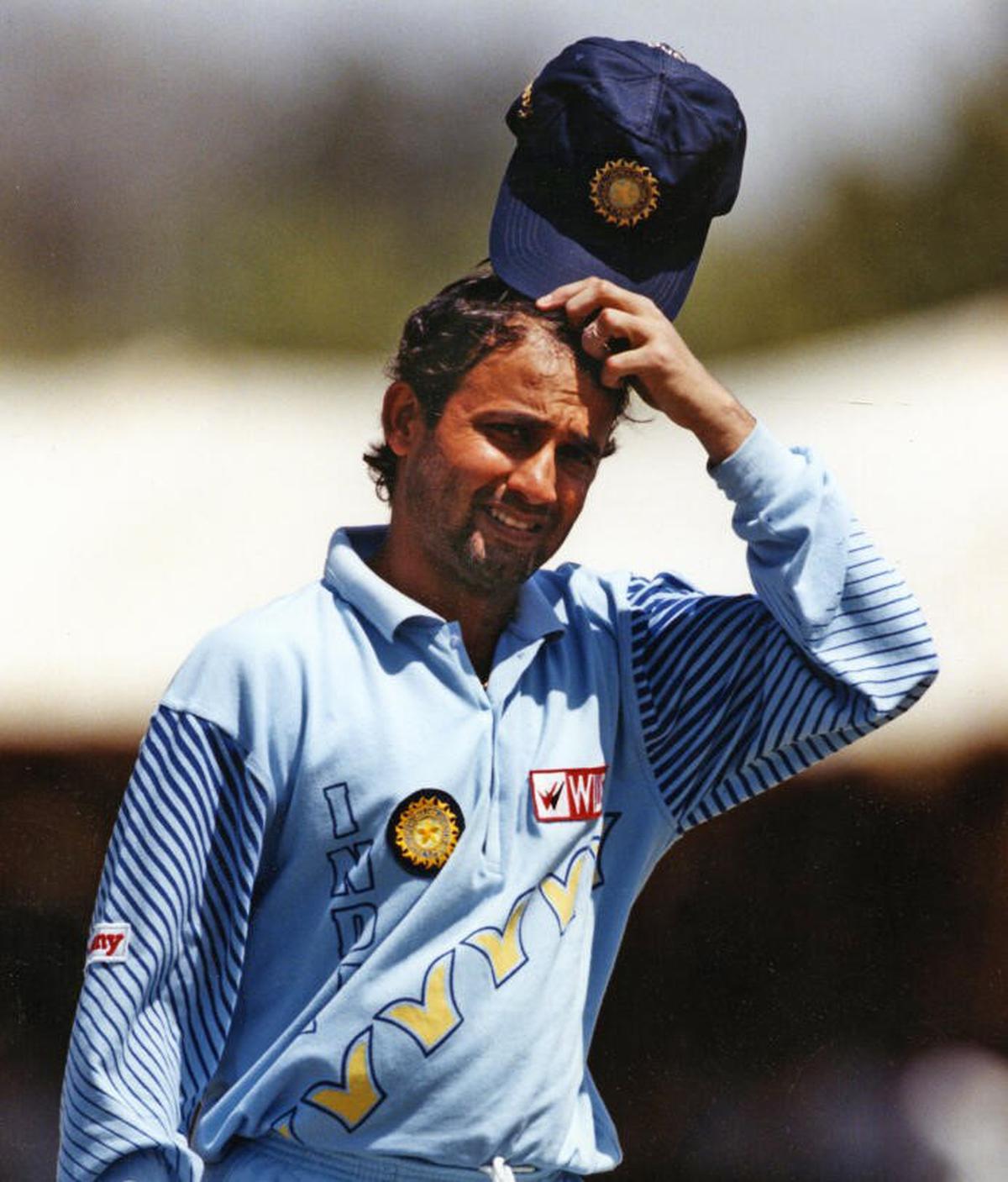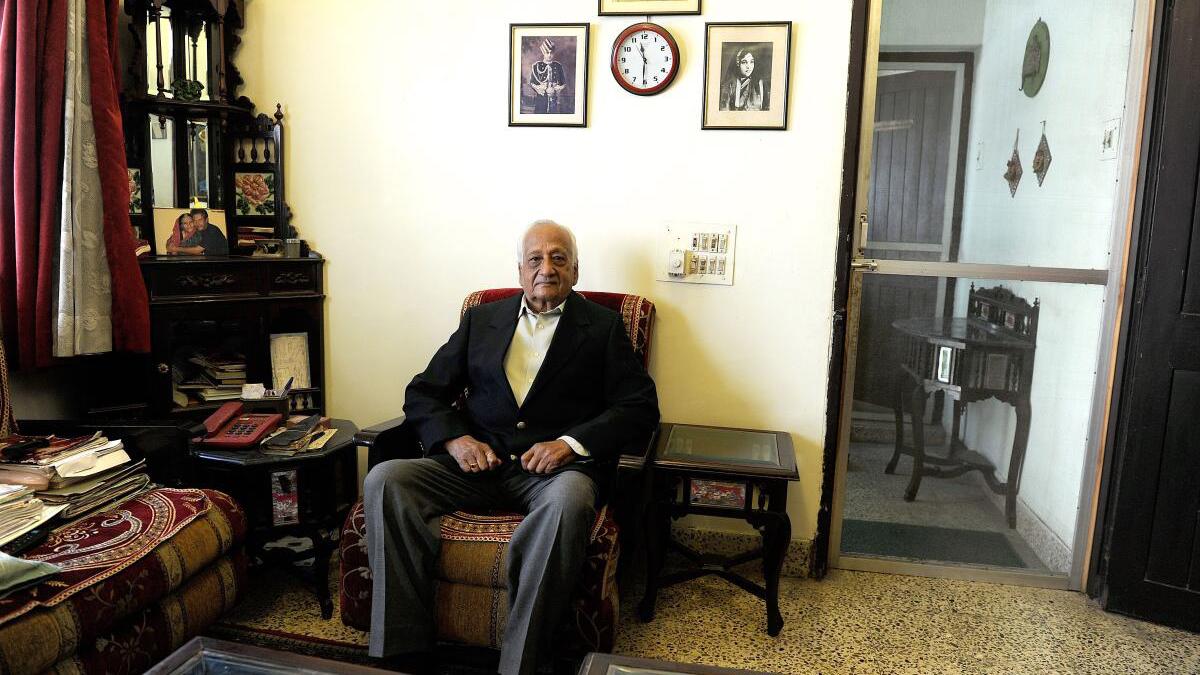I wanted to quit cricket at 22, but Gaekwad sir motivated me to play for India: Mongia
Nayan Mongia still remembers that evening in early 1991 when Dattajirao Gaekwad called him and asked why he had not turned up for Baroda’s practice sessions for the past five days.
Mongia, a 22-year-old back then, told Gaekwad that he was planning to quit the game after he did not make it to the West Zone squad in the Duleep Trophy that year despite scoring 555 runs in the 1990-91 season of the Ranji Trophy – including two centuries and as many fifties.
Gaekwad paused for a minute and asked Mongia to meet him at the earliest. “I was determined to quit the game at that time, as I felt that if I couldn’t find a place in the West Zone squad despite piling in so many runs, there was no point in playing cricket. I thought I would choose some other career, but sir scolded me, and that entire night, he explained to me why I should not think on those lines,” Mongia told Sportstar on Tuesday, a few hours after Gaekwad breathed his last at the age of 95.
ALSO READ: They don’t make them like Dattajirao Gaekwad anymore!
Like most of Gaekwad’s wards, Mongia, too, found it hard to come to terms with the fact that ‘sir’ would no longer be available for a chat on cricket. But as he looks back at his career, Mongia only has gratitude for Gaekwad, who played 11 Tests for the country.
“I still remember those words of sir. He told me, ‘Are you out of your mind? Why would you even think of quitting cricket? You still have age on your side and have a long way to go. You have to fight your battle, and he inspired me by giving examples.’ I listened to him and was back to practice soon,” Mongia said.
“He told me to just focus on my game and keep performing. I wouldn’t have perhaps ever played for India had sir not motivated me,” he added.
Mongia eventually went on to play 44 Tests and 140 ODIs for India between 1994 and 2001.
Having been Gaekwad’s student since the U-14 days, Mongia remembers how the former would be hands-on in terms of preparing the wickets and getting other facilities in place. “He would spend hours and hours with us in the nets and also ensure that the wicket was in the right shape. He would instruct the groundsmen on how much to roll and had an eye for detail.”
Back then, Gaekwad would call the boys to the Motibaug cricket ground at 3 o’clock in the afternoon. “But sir would be there by 2.30, much before we reached. He ensured everything was prim and proper. Even after the sessions got over, he would talk to us till about 7-7.30 pm, and I still cherish those memories,” Mongia said.

Nayan Mongia of Indian cricket team wicket-keeper snapped during the Pepsi Cup Triangular Series One Day International (ODI) Cricket Tournament match between India and Pakistan Sawai Mansingh Stadium, Jaipur on March 24, 1999.
| Photo Credit:
V.V. KRISHNAN / THE HINDU ARCHIVES
Nayan Mongia of Indian cricket team wicket-keeper snapped during the Pepsi Cup Triangular Series One Day International (ODI) Cricket Tournament match between India and Pakistan Sawai Mansingh Stadium, Jaipur on March 24, 1999.
| Photo Credit:
V.V. KRISHNAN / THE HINDU ARCHIVES
The conversations would revolve around how to stay on the wicket, score runs and handle tough situations.
“He did not like any batter hitting the ball in the air. If he saw that happening in a match, he would just walk out of the field. By that, he would make it evident to the batter that he did not approve of his shot selection,” Mongia said. “That was his way of conveying the message to the player. He would come and watch every match, and he could tell you each and every shot a batter played. That was his level of dedication.”
While Mongia was in regular touch with him and would visit him once or twice a week, the former India ’keeper-batter believes that Gaekwad never got his due. “I have only one regret. I feel the Baroda Cricket Association could have handled the situation better, and it was sad the way he was removed from his coaching role without prior intimation. Given his stature, he deserved more respect, and the way things panned out, it was very unfortunate,” Mongia said.



